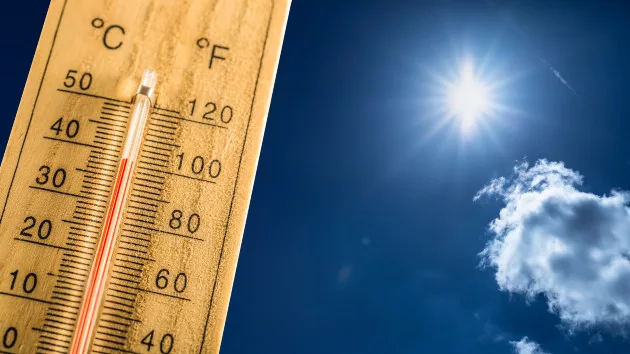The number of Monkeypox cases in Washington is still small but it’s doubling every 7 to 9 days. There are now 166 cases of Monkeypox, or MPV, confirmed in our state, with at least one case now confirmed in 11 Western Washington counties. Most cases are among men who have sex with men, with the strong reminder that anyone can get the virus through close contact, from clothes or bedding used by someone with an MPV rash and through respiratory droplets during prolonged, close face-to-face contact, like kissing.
Even with that spread, Doctor Tao Kwan-Gett with the State Department of Health says most MPV outbreaks in West Africa have been limited, so the size of this one is unusual, but he says, you can protect yourself, much like most of us did with COVID, and not just with vaccines but by following the guidelines. “If you have a rash that you’re worried is new and might be Monkeypox,” Kwan-Gett says, “it’s really important for prevention that you avoid direct skin-to-skin contact with other people until you have a chance to have it checked out by your health care provider.” That includes getting a test to confirm if it is MPV.
State Health Secretary, Doctor Umair Shah, says they’re working to fight what he calls the “scourge of misinformation” as well as bias and harassment that often occurs “when people are concerned, or they want to just be ugly about how they treat other people. From a health perspective and from a physician perspective, I would just hope that we do not do that because that is unfair, unjust and it helps none of us.”
The state has ordered nearly all of its Monkeypox vaccine allotment, but they are still in limited supply, so they’ll go to those at highest risk. The goal right now is to get first shots to as many people as possible and then get them their second shots when more doses arrive in our state.
Shah also says new COVID case numbers are steady or declining and COVID hospitalizations are dropping, but hospitals are still stressed with a shortage of workers, some COVID cases, the pandemic backlog of other health care needs and the summertime emergencies that come with more of us being active, so he urges you to do everything you can to avoid landing yourself in the hospital or the emergency room.






